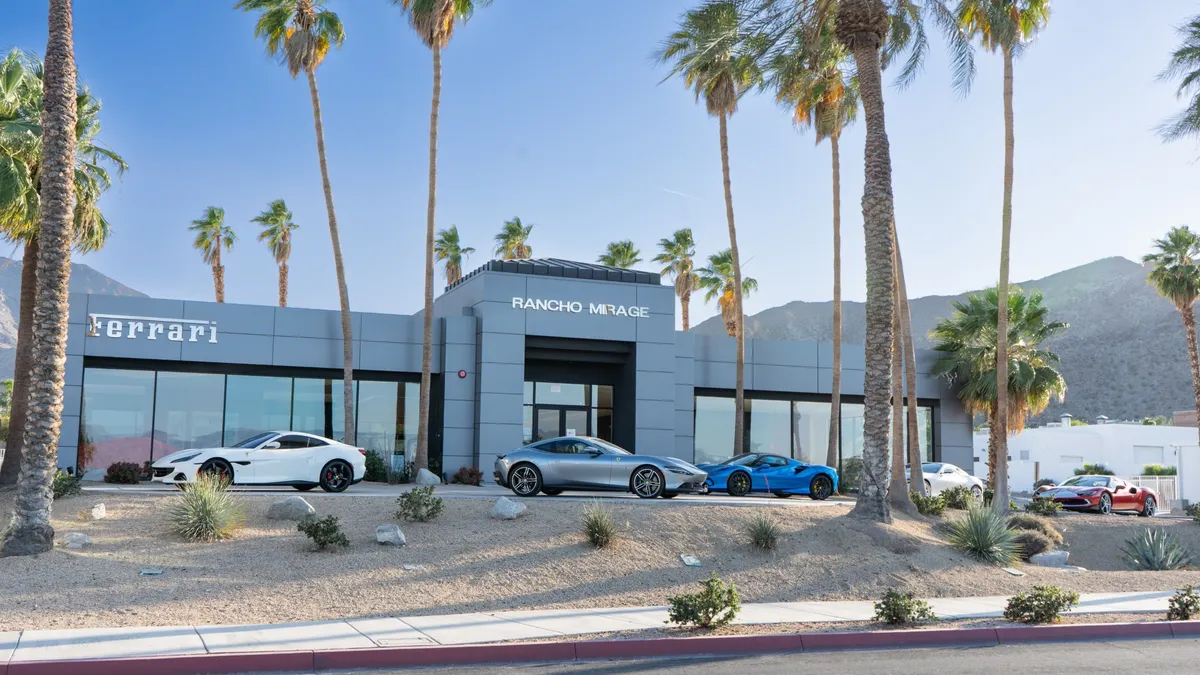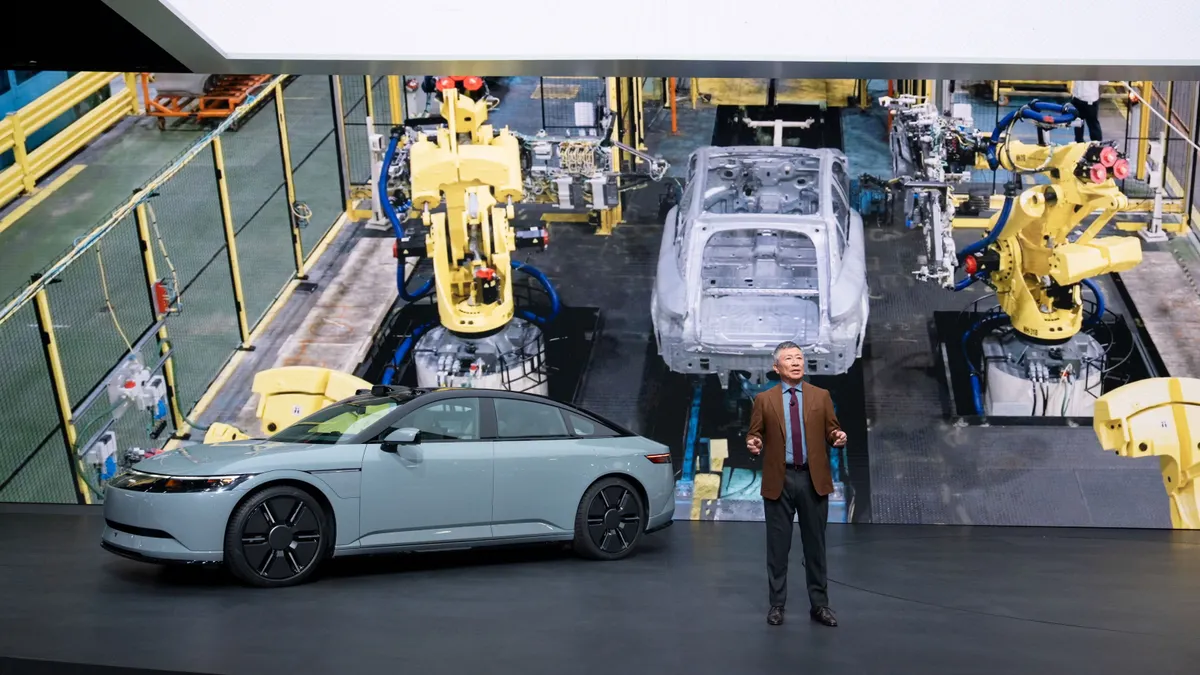Editor's note: This story is part of the WardsAuto digital archive, which may include content that was first published in print, or in different web layouts.
FCA CEO Sergio Marchionne cranks up the rhetoric in his campaign for industry consolidation to reduce the costs of capital-intensive product-development programs.
“My suspicion is unless we find a better way to run this business, we’re going to run into problems again,” he says in a conference call with reporters and analysts to discuss first-quarter financial results.
“The (industry’s current) capital expenditure is unsustainable going forward and doesn’t add any value to society or consumers,” Marchionne says. “(If we) reduce that capital commitment, it’s a tremendous amount of value back to shareholders.”
In a slide presentation titled “Confessions of a Capital Junkie,” Marchionne makes the point that the industry has not earned its cost of capital over a (product) cycle and that consolidation is the solution to the problem.
According to FCA research, mainstream OEMs last year spent $113.8 billion on capital investment and R&D. Those costs only will escalate, Marchionne says, as increasingly stringent emissions and safety regulations go into effect. Autonomous-vehicle technology is expected to further drive up OEM outlays.
“The capital required to make compliance is not an inconsequential number,” Marchionne says. “We’re all in the same box with this. The question is (whether) that money is being wisely spent in view of other opportunities available.”
He says industry earnings before interest and taxes margins have fluctuated between 4% and 6% over the past 10 years, while industries such as pharmaceuticals have margins approaching 30%.
“Other companies have done much better in other sectors,” Marchionne says. “We in this business continue to do the same things for a long period of time without the courage to change the paradigm to make things better.”
Automakers are reducing the number of active platforms and increasing their economies of scale, while others are trying larger-scale commonization across diverse brands. A few are trying to mitigate costs through one-off collaborations, joint ventures and other equity tie-ups, Marchionne says, noting none of the initiatives are fast enough or go far enough to produce the desired results.
“The OEM cooperation we’ve had has been very effective, but is very limited in scope and involves things that are not mainstay elements of a portfolio,” he says. “That’s not a substantial solution to the problem.”
Marchionne admits there would be problems to overcome in a merger between two automakers, including a cultural divide, the inequality of the two integrating parties, operating models that are radically different, insufficient sensitivity toward brand differences and lack of respect or trust for one another.
But, he says, the potential savings are too big to ignore, adding the cost of product and technology development could be slashed nearly in half.
“The amount of potential savings is a large opportunity that cannot go unexplored,” Marchionne says. “There is not one rational argument (for) duplicate capital exercises that deliver no value to anyone.”
Marchionne declines to reveal potential partners or whether he is in discussions with another OEM, but says financial analysts must play a role in promoting the need for industry consolidation.
“The capital markets need to take the responsibility,” he says. “At end of the day, they are forcing the allocation of capital in a proper way and allowing companies like us to get funding or not to get funding. (Their) obligation is to direct the flow of capital. That’s what they do for a living. I make cars. They direct the flow of capital. Own the responsibility.”
Marchionne says his plea for consolidation does not mean FCA is up for sale or that he is seeking one final big deal before he retires.
“Most of that stuff is hogwash,” he says of such speculation. “This is a fundamental problem that cannot be ignored. The overarching theme of this is trying to effectively drive (our) businesses away from mediocrity.”
FCA in Q1 posted a $101.2 million profit, largely on the back of its North American operations. In Europe, the automaker had an operating profit of $27 million, compared with a $79 million loss year-ago.
It continued to rack up losses in South America, posting a $78 million decline for the quarter.
FCA reveals plans to boost its performance in North America. A key part of the strategy is to increase profit margins in the pickup segment by selling a richer product mix, as well as reducing incentive spending.
The automaker also confirms in April it raised dealer-invoice prices for Chrysler, Dodge, Jeep and Ram stores 1%.
“We feel confident a 7% margin rate in Q4 is doable,” says FCA Chief Financial Officer Richard Palmer.




















